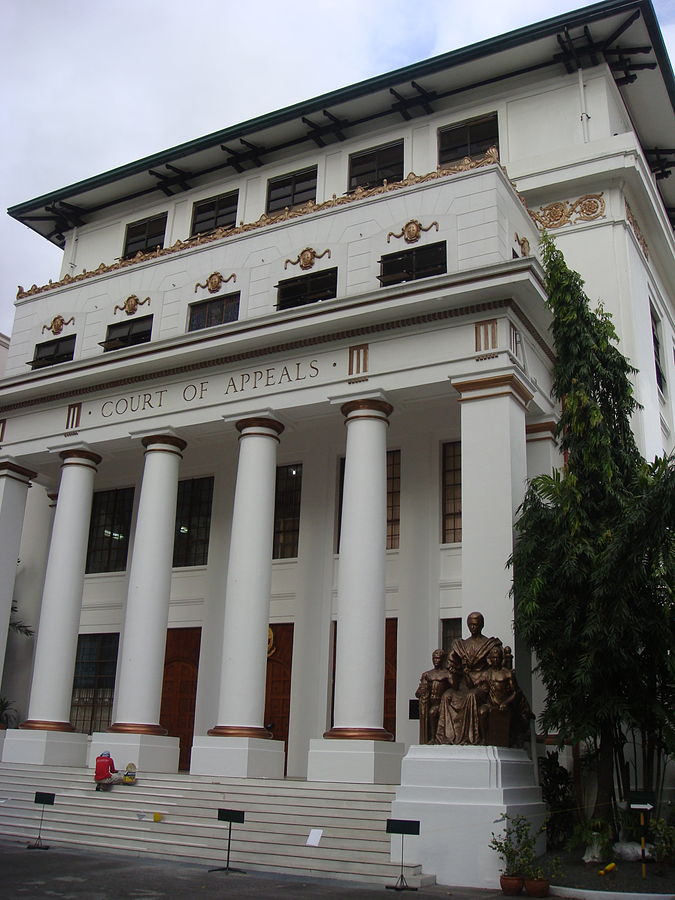News
No Filipino citizenship for non-compliant foreigners: CA

In a 22-page decision dated February 17 and released Wednesday, the appellate court’s Fifth Division through Associate Justice Walter S. Ong denied the petition filed by American citizen Richard C. Upton in 2015 and affirmed the 2018 decision of the Manila Regional Trial Court (RTC) Branch 20 against the expatriate who arrived in the Philippines in 1978 has since stayed in the country.
MANILA — A Court of Appeals (CA) ruling stressed the need for strict compliance of requirements for foreign nationals seeking naturalization as a Filipino citizen.
In a 22-page decision dated February 17 and released Wednesday, the appellate court’s Fifth Division through Associate Justice Walter S. Ong denied the petition filed by American citizen Richard C. Upton in 2015 and affirmed the 2018 decision of the Manila Regional Trial Court (RTC) Branch 20 against the expatriate who arrived in the Philippines in 1978 has since stayed in the country.
While the case was pending before the Manila court, the Office of the Solicitor General sought the dismissal of Upton’s petition for failure to comply with jurisdictional requirements.
The Manila court said the Revised Naturalization Law requires, among other things, that petitioners must be able to speak and write in any of the local dialects of the country.
“[Appellant] failed to convince the [RTC] that he could speak and write Tagalog or any local dialect. This, despite his claim that he had lived in the country for 37 years and his claim that he mingled socially with Filipinos.
The character witnesses [appellant] presented did not state anything about hearing [appellant] speak any local dialect,” the court said.
The court likewise noted that the applicant failed to file a declaration of his intention for naturalization as required by the law and that he must also “establish that he has given primary and secondary education to all his children in the public schools or in private schools recognized by the government”.
Citing precedents, the court said enrollment in local schools of naturalization applicant’s children upon their attaining school age is “of strict compliance since the law clearly intended that these children should be made to absorb our customs, traditions, and ideals as early as possible, and the first formative years are the most important for the purpose; hence enrollment at a later age does not satisfy the statute.”
The CA noted that while the applicant claimed that his children attended a local school in Parañaque, the best evidence of government recognition of the schools would have been certificates of recognition issued by the proper government agency or certified true copies.
“Considering that in, this case, appellant failed to adduce acceptable proof to establish compliance with the education requirement covering his children, it is evident that the RTC committed no error in denying appellant’s application for naturalization on such ground,” the CA said.
Associate Justice Mariflor P. Punzalan-Castillo and Victoria Isabel A. Paredes concurred.





















